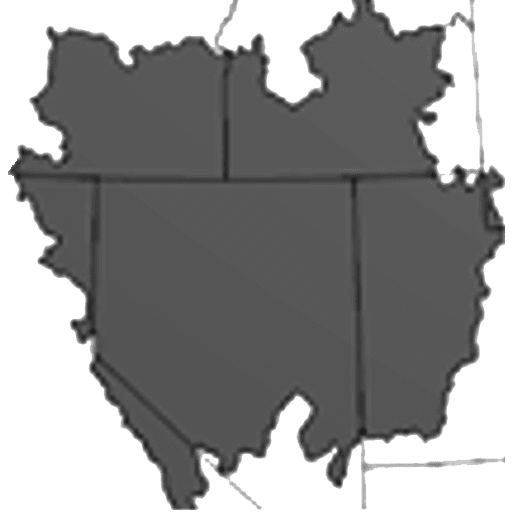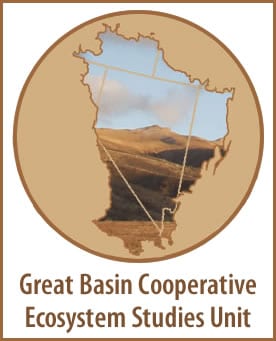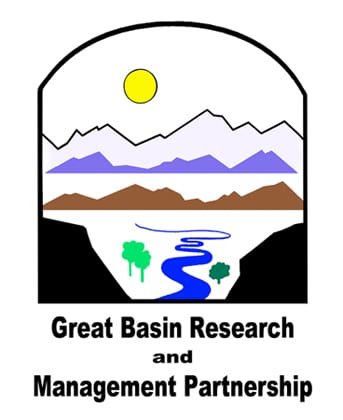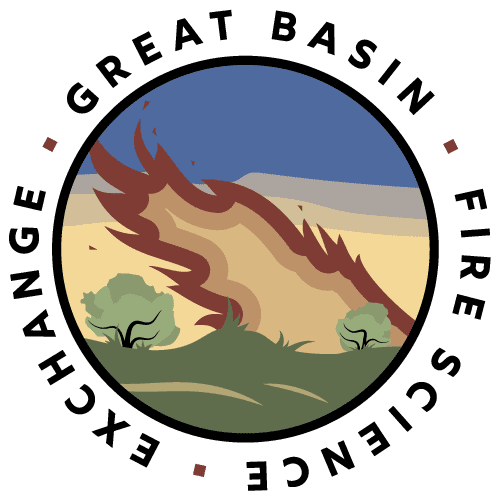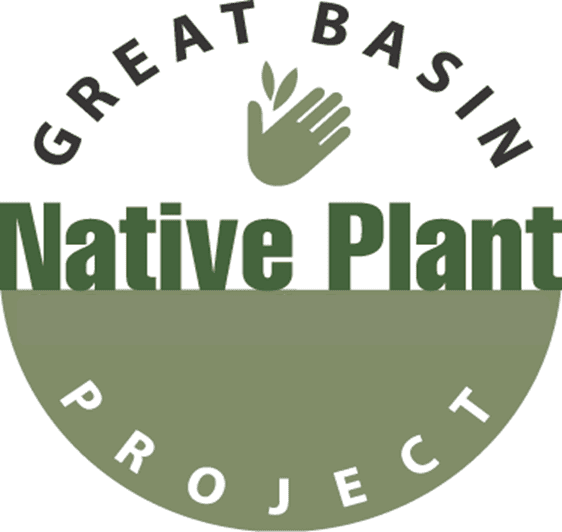Great Basin Consortium Conference
“Climate programs, water limitations, and
geospaces in the Great Basin“
February 17-19, 2015, Boise State University
Participating Organizations:
About | Agenda | Registration |Venue | Contact
About:The Great Basin Consortium is pleased to announce its 4th annual conference on February 17-19, 2015, at Boise State University.
The Great Basin Consortium is a consortium of partners whose vision is to coordinate and collaborate on science delivery to achieve sustainable and resilient Great Basin ecosystems and human communities. Our mission is to increase communication and coordination among the partner organizations in order to enhance the effectiveness of their research, management, outreach and funding activities.
What is new for this years meeting:
All sessions will be held in one cluster of rooms to ensure that all components of the meeting are “front and center”. The Great Basin Native Plant Program will meet in conjunction with the GBC#4 this year.
Emphasis on poster sessions: Posters and poster sessions will feature prominently at GBC4: They will be set up Tuesday, Feb. 17 for sessions on Tues and Weds evening (with cash bar), and presenters will be given 1-2 minutes to introduce themselves and their main findings in special “poster ignite” oral sessions before each poster session. Posters will be hung at and near the entrance to the main auditorium.
Climate program session: The lead scientists for the 6 climate programs that fund or support climate-related research in the Great Basin will each give a short presentation on practical/administrative aspects of their program and what/how they fund projects climate challenges, opportunities, and priorities of their ecoregion what they are currently doing/producing for application. They will then hold a panel Q & A session to allow meeting participants to learn more about the challenges/opportunities of climate adaptation across the Great Basin, or questions relating to funding for projects. The speakers will be available to interact with participants after the session.
Dryland restoration session: There has been much attention on seeding success following the large wildfires that have been a primary driver in loss of habitat in the Great Basin. Whether and how to seed warm and dry sites at low elevations in the Great Basin is a major question. Speakers in this session will reflect on patterns of seeding success, factors that affect seeding success, prospects for increasing success, and tests of technological methods for improving success.
“Geospatial and you” session: There are a large number of inventory and assessment projects that span whole ecoregions, the entire Great Basin, or even the whole western US that have either been completed in the last year or are underway for key natural resources. This session will bring the leaders of many of such efforts together to compare/contrast their efforts and to create a synthesis product that will be a useful “table of contents” for users of geospatial data on the internet. The format will be short presentations (5 minutes per speaker with timed slides) in which they state what their product is, when/how it is available, how it adds upon previously available info, and the types of research and management questions that can be answered. The session ends with a panel and open-mic format for audience participation, in which an inventory document is created live, showing what is available and where the gaps lie. The document is then printed on a large poster and hung on the wall for people to write in omissions, then put on Google for 2 weeks for open commentary, then posted on the GBC website.
Water in the desert session: Fluctuations and intermittency of water levels with warming and drought is a major issue affecting wildlife in the Great Basin. This session brings a diverse group of hydrologists, aquatic ecologists, and waterfowl ecologists from both research and management perspectives to address what are the management/conservation problems at local and Great Basin-wide scales regarding water, how well can we predict and understand water provisioning, and what are challenges and opportunities for bringing the disciplines together.
Great Basin Native Plant Program session: The GBNPP annual meeting consists of technical and overview presentations on projects from their research program, many of these will be of interest to the broader GBC audience.
CONFERENCE PROGRAM
Click here for the Conference Program (PDF)
Nevada Today Article:Conference held to protect largest U.S. Desert
REGISTRATION
$40 Regular Registration (Register by February 1, 2015)
$60 Late Registration (Beginning February 2, 2015)
Costs cover refreshments and appetizers at the cash bar during poster sessions.
VENUE
This year’s conference will be held in the Student Union Building at Boise State University.
Boise State University Student Union Building
1700 University Drive
Boise, ID 83725
PARKING: A number of car parking spaces will be reserved for attendees of the conference in the Lincoln Avenue Garage, which is located beside the Student Union Building at Belmont St. and Lincoln Ave.
Coupon Code for Parking: 20151285
LODGING
Nearby lodging options listed below. No code is needed to reserve the government rate.
Holiday Inn Express Boise-University Area
CONTACT
For more information, programmatic questions or comments about the conference, please contact:
Matt Germino, [email protected] | (206) 426-3353
If you would like information about the consortium or the partner organizations, please contact:
GB-CESU: Maureen McCarthy, [email protected] | (775) 784-8262
GB-EP: Stan Johnson, [email protected] | (775) 784-1678
GB-LCC: Todd Hopkins, [email protected] | (775) 861-6492
GB-RMP: Nancy Glenn, [email protected] | (208) 426-2933
GB-FSE: Eugénie MontBlanc, [email protected] | ( 775) 784-1107
Guest Partner: Great Basin Native Plant Project (GB-NPP), Francis Kilkenny, [email protected] | (208) 373-4376
